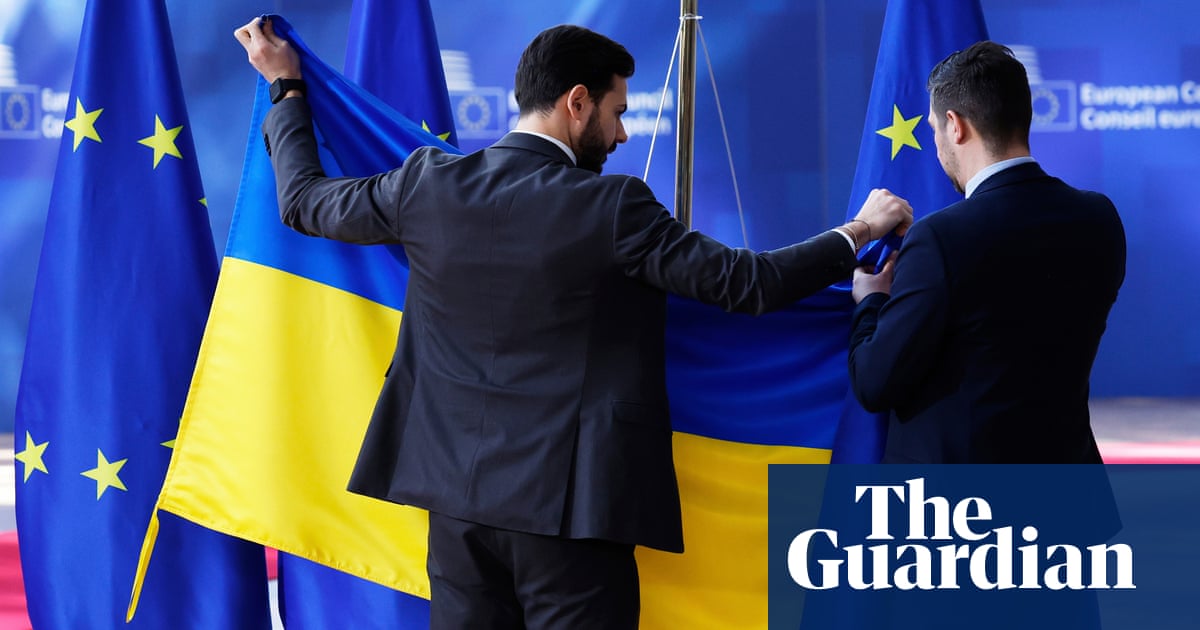EU launches €865m plan to boost Europe’s digital infrastructure

The European Commission has unveiled its second work programme for the digital component of the Connecting Europe Facility (CEF) Digital, marking a significant investment in Europe’s digital infrastructure.
This initiative will receive around €865m in funding from 2024 to 2027, aimed at improving the continent’s digital connectivity.
This effort is a key step toward achieving the European Union’s ambitious 2030 Digital Decade goals, which include providing every citizen and business access to 5G and gigabit-speed internet.
Margrethe Vestager, Executive Vice-President for Europe Fit for the Digital Age, commented: “Improving our connectivity is of strategic importance in the EU.
“And with this second work programme, we aim to connect more citizens and businesses and launch more innovative connectivity infrastructure.
“The Digital Work Programme will invest around €865m to support actions in the deployment of advanced gigabit and 5G infrastructures, as well as backbone cable projects.”
Driving connectivity in Europe
The CEF Digital programme plays a critical role in enhancing Europe’s digital infrastructure, with a total budget of €2bn allocated until 2027.
Through public and private investments, CEF Digital seeks to bolster high-performance digital networks across the EU.
This includes the deployment of advanced technologies such as 5G and gigabit networks, which are essential for meeting the increasing digital demands of both individuals and businesses.
So far, 65 projects have been funded under the programme, including initiatives for 5G Smart Communities and cross-border 5G corridors.
As part of its ongoing efforts, the European Commission is set to launch a fourth call for project proposals, inviting stakeholders to apply for funding to accelerate Europe’s digital transformation.
Supporting key sectors with advanced digital infrastructure
One of the central goals of the new CEF Digital Work Programme is to co-finance large-scale projects that promote the rollout of 5G and gigabit networks.
These efforts will target key sectors like healthcare, transport, logistics, and manufacturing, driving the integration of cloud computing and edge capabilities in these industries.
In addition, the programme will fund the expansion of Europe’s digital backbone, improving the resilience and performance of connectivity networks both within the EU and internationally.
This includes strengthening quantum communication networks and laying new submarine cables to enhance connectivity with third countries.
The programme will also develop digital platforms for transport and energy, optimising ICT energy use and reducing environmental impact while integrating with existing European data, cloud, and connectivity infrastructures.
Related
Zelenskyy reiterates call for air truce after huge Russian attack…
We need Russia to stop attacks, Zelenskyy says, backing calls for truce in air, at seaUkrainian president Volodymyr Zelenskyy has responded to overnight attacks
Europe scrambles to rearm as Trump threatens security guarantees and…
CNN — European leaders have vowed to rearm the continent at historic emergency talks h
Russia launches ‘massive’ attack on Ukraine after Europe rushes to…
Ukraine's energy and gas infrastructure came "under massive missile and drone shelling" by Russia on Friday, a Ukrainian minister said."The energy and gas infra
American severance may be averted, but Europe’s leaders must fear…
With a mixture of regret, laced with incredulity, European leaders gathered in Brussels to marshal their forces for a power struggle not with Russia, but with t












